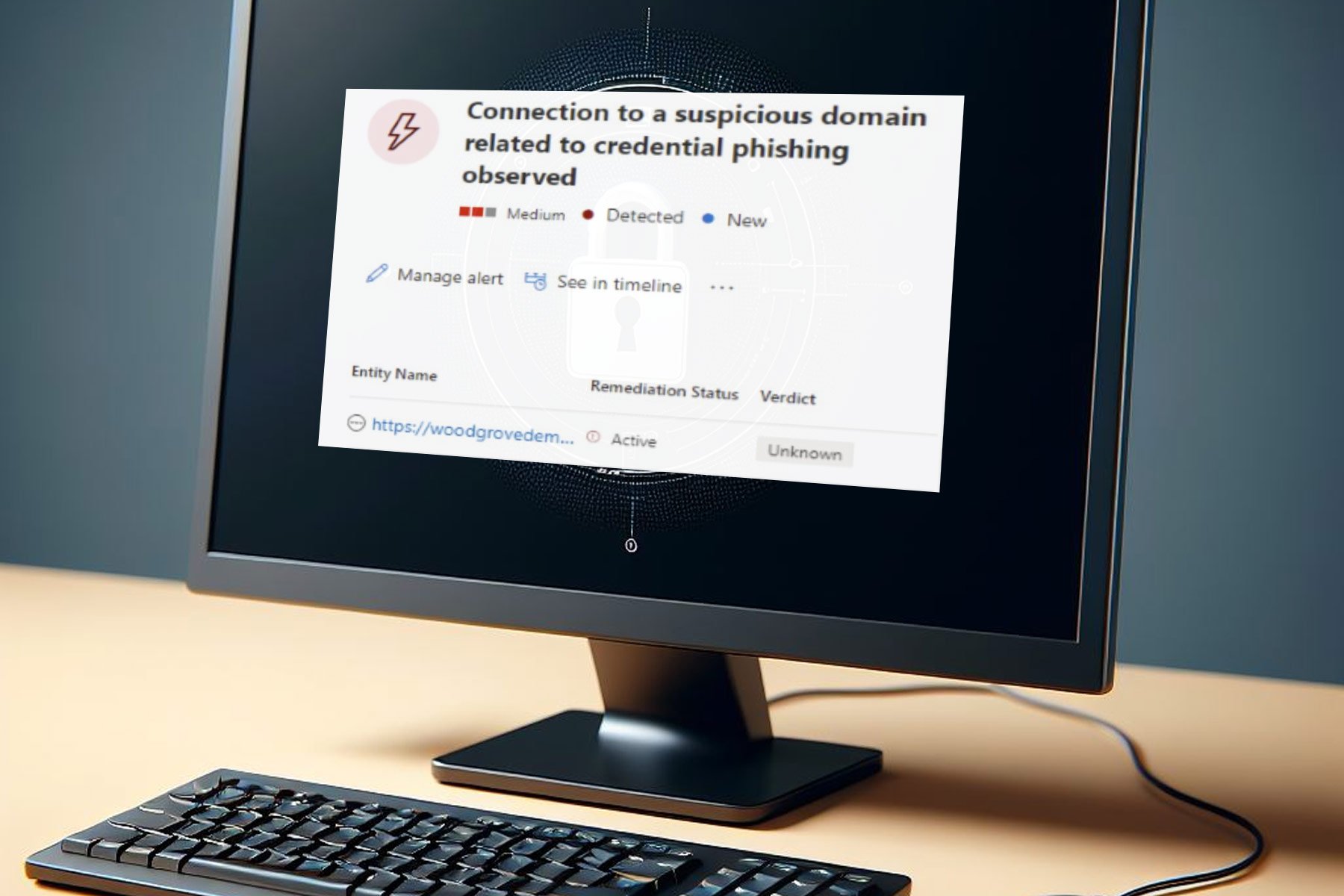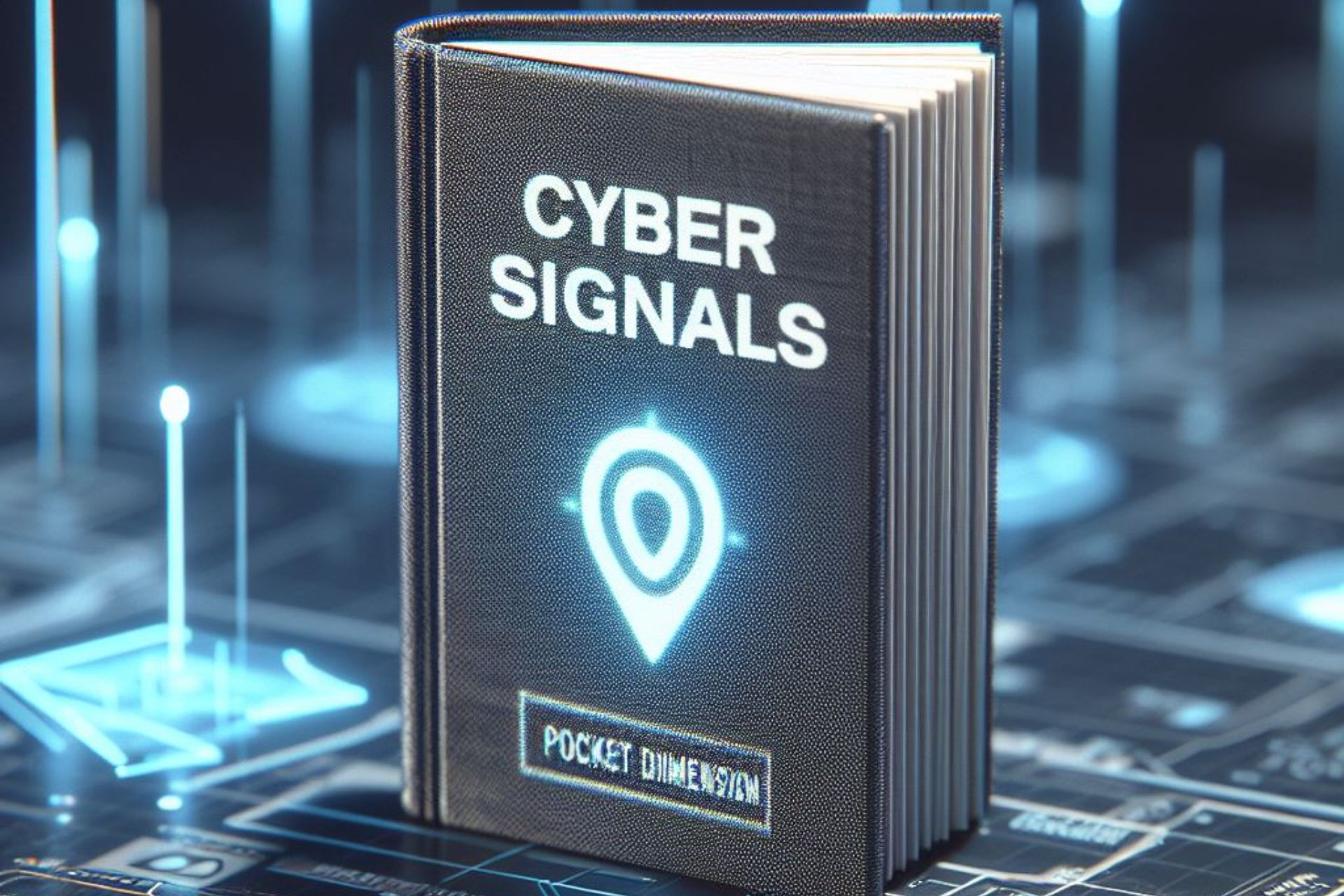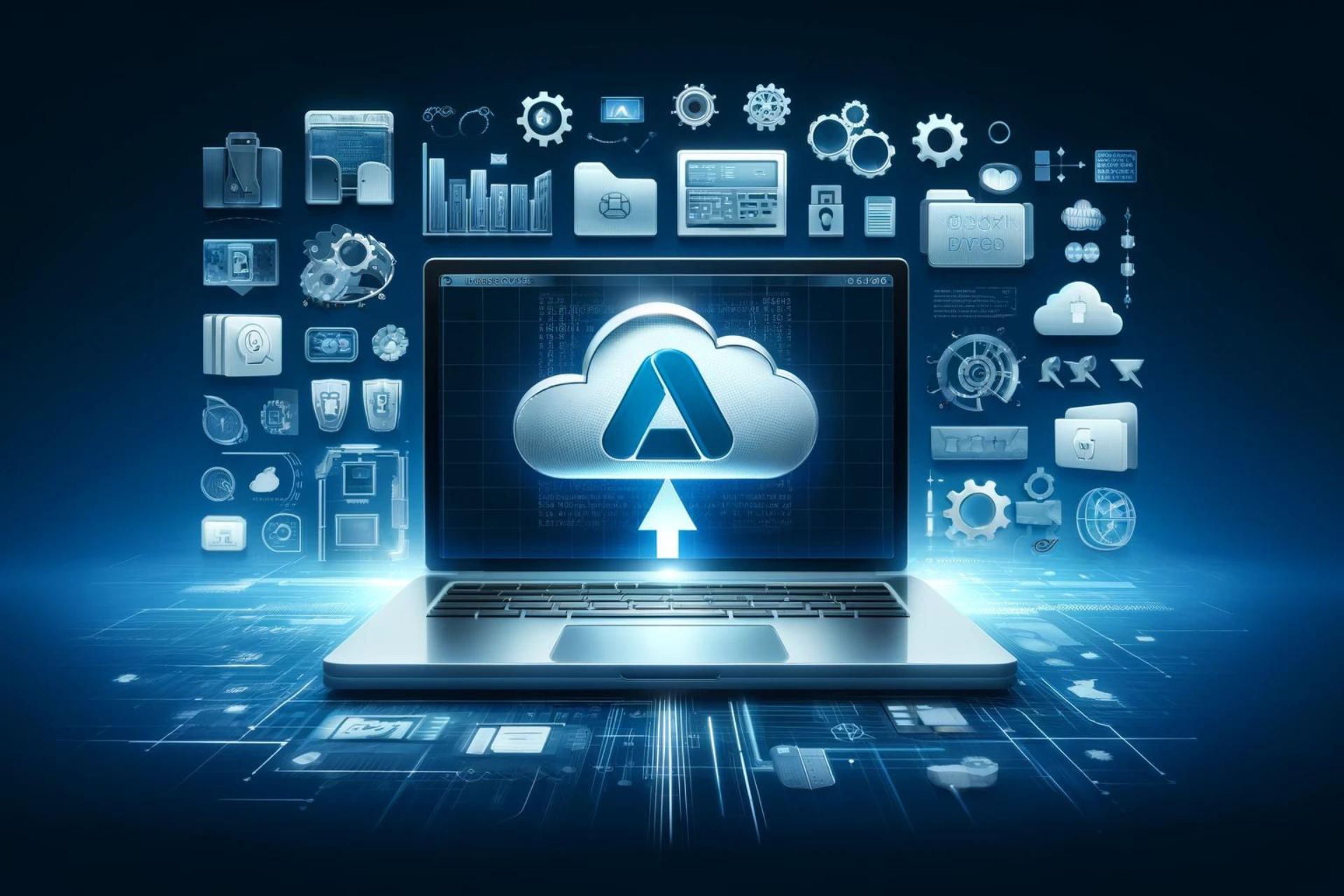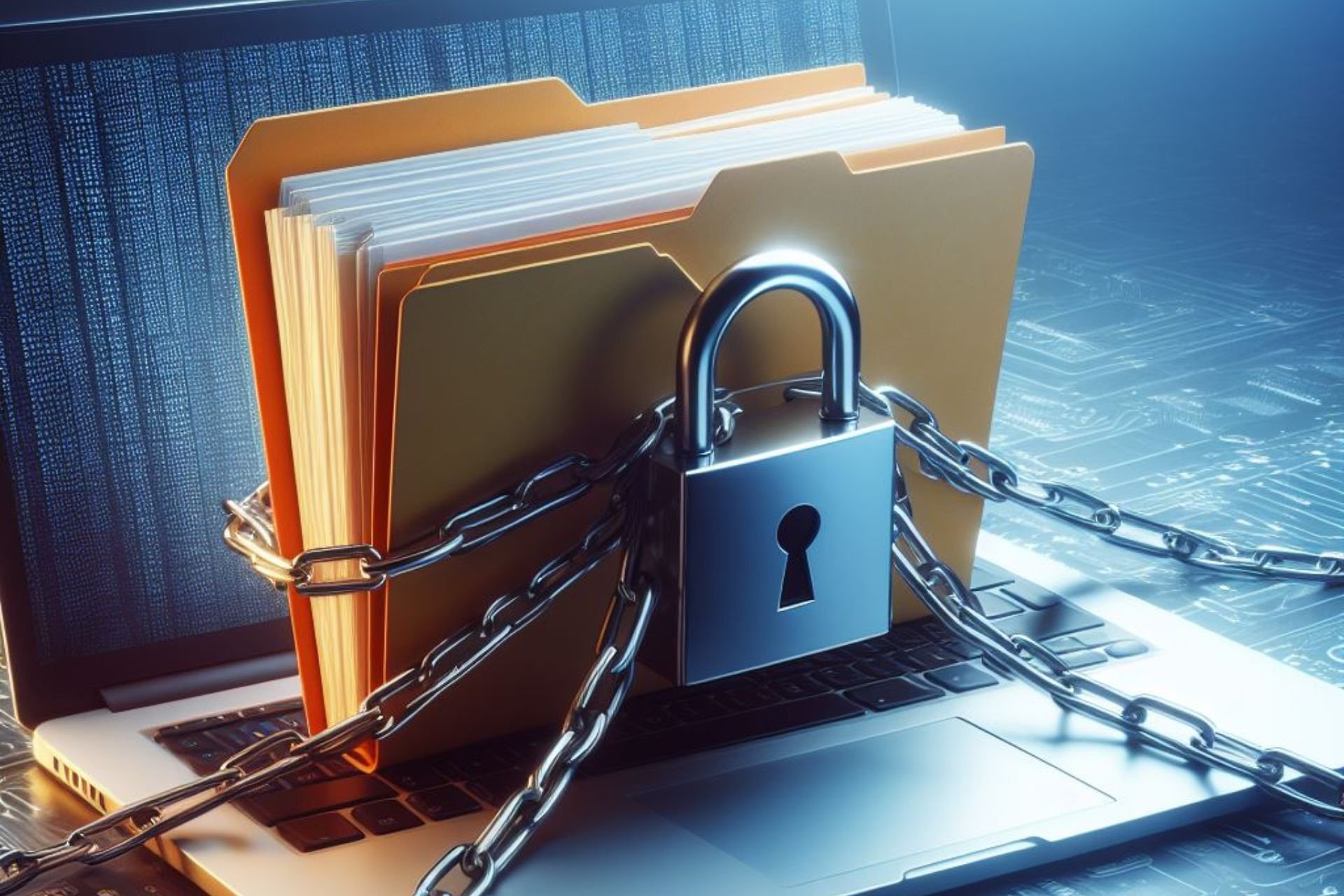OneDrive scam alert! Hackers invite you to open encrypted emails
3 min. read
Updated on
Read our disclosure page to find out how can you help Windows Report sustain the editorial team Read more

Windows 10 users are targetted by another phishing scam that’s after their usernames and passwords.
This phishing campaign sends an email alert to OneDrive users. The email prompts users to login to a fraudulent OneDrive website in order to open an encrypted message.
Beware! Hackers can retrieve your OneDrive credentials once you’ve entered them.
In case you’re getting this type of emails, don’t take any action:
domain.com
Encrypted Message Received : You have received and encrypted email from : domain.com
View Encrypted Email domain.com
Many users don’t even notice the URL of the fake OneDrive page. If you observe it closely, the URL belongs to a non-Microsoft address. This fact alone should make you suspicious.
In case you want to be secure while surfing the internet, you will need to get a full-dedicated tool to secure your network. Install now Cyberghost VPN and secure yourself. It protects your PC from attacks while browsing, masks your IP address and blocks all unwanted access.
How do phishing attacks work?
Many of us receive hundreds of email in our inboxes that invite us to click on a link or image to view it online. Each email comes with a different subject and text.
Some of them alert users about an important business file. Other emails inform users that “their requested document is now available”.
Users often underestimate the risks that come along these emails. Most of these emails are sent by the hackers to steal sensitive account information.
They can get your login details or take complete control of your account. Hackers can then use your account to originate scam, phishing, or malware attacks on others.
OneDrive users may think that they are being directed to their respective drives. Instead, these phishing scams redirect users to a fraudulent website. The site may seem to be legit, but it has no connection to the original service.
Some useful tips on how to avoid phishing attacks
Many such attacks have been reported in the past but hackers keep on changing their techniques to deceive users. Microsoft recommends its users to take some precautions, such as:
- Use Microsoft’s security products to run a full system scan
- Change your account passwords
- Block traffic to all those services that you don’t normally use
- If you have given scammers access to your device, consider resetting it via Windows Defender Firewall
- Update your system to install the latest security updates.
Of course, most importantly, don’t click on suspicious links or links that ou haven’t requested.
Microsoft created an online page and asked users to report such scams. So, if you recently received some suspicious emails or OneDrive alerts, do let Microsoft know about them as soon as possible.
If you want to keep your PC safe from hacker attacks, use the following tools:








